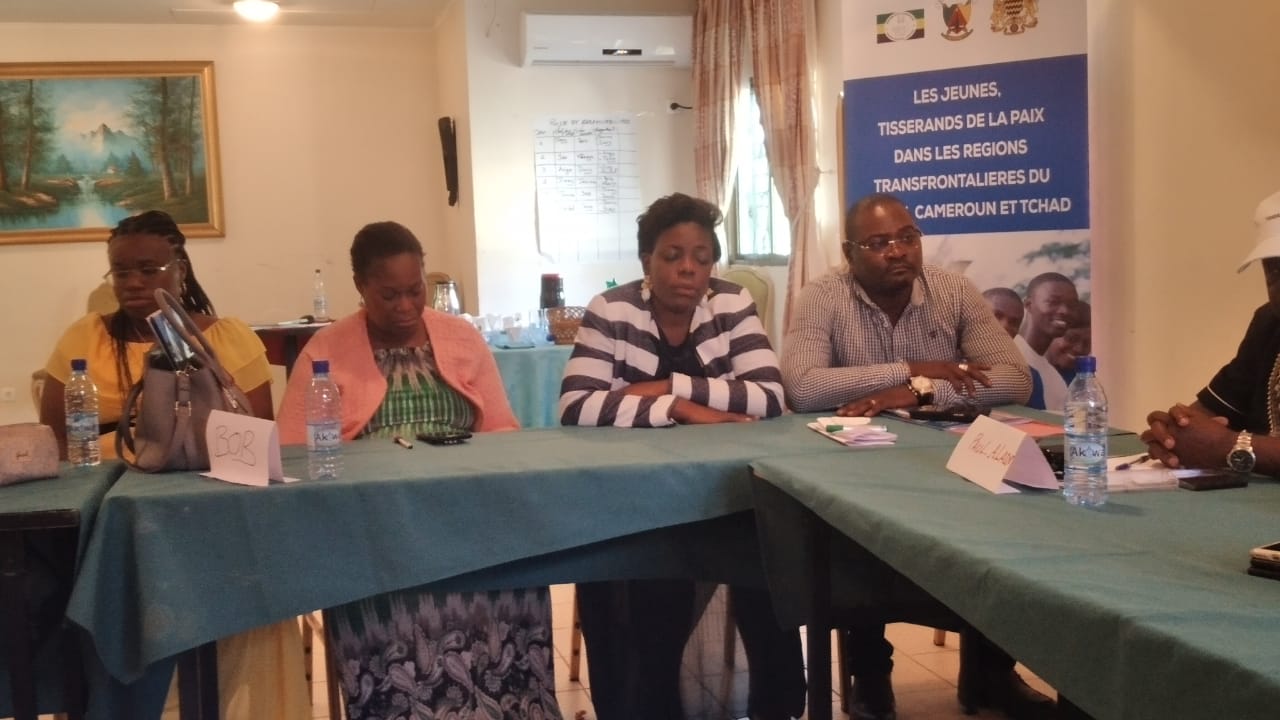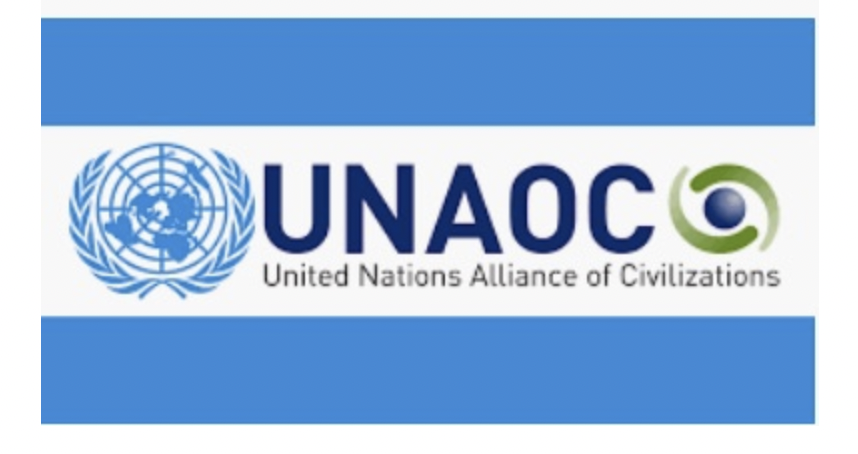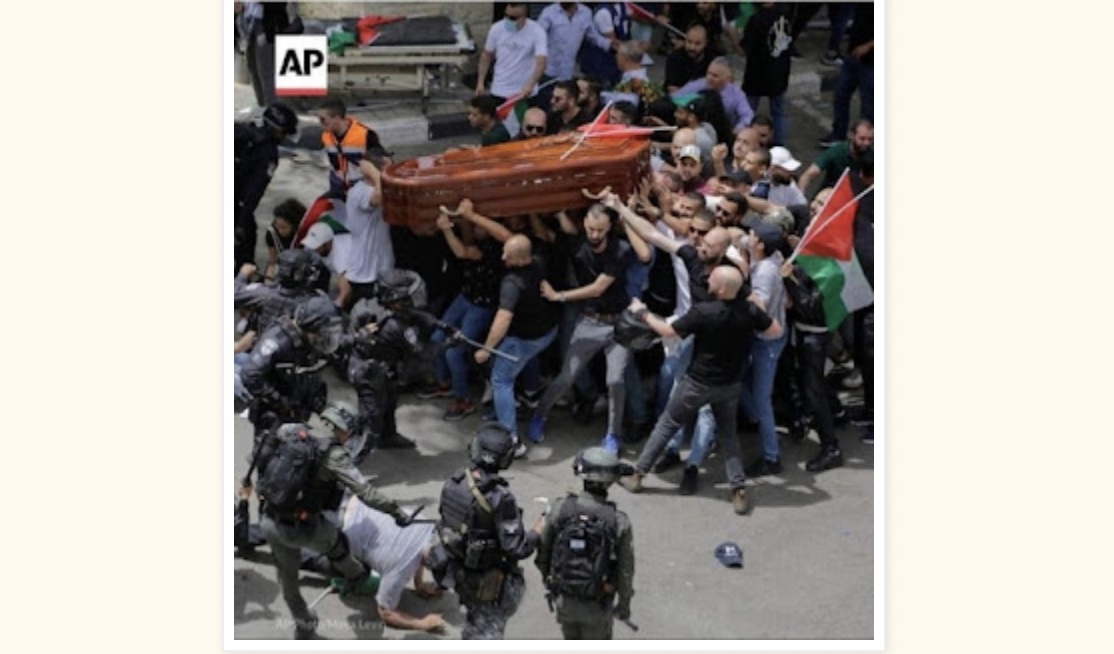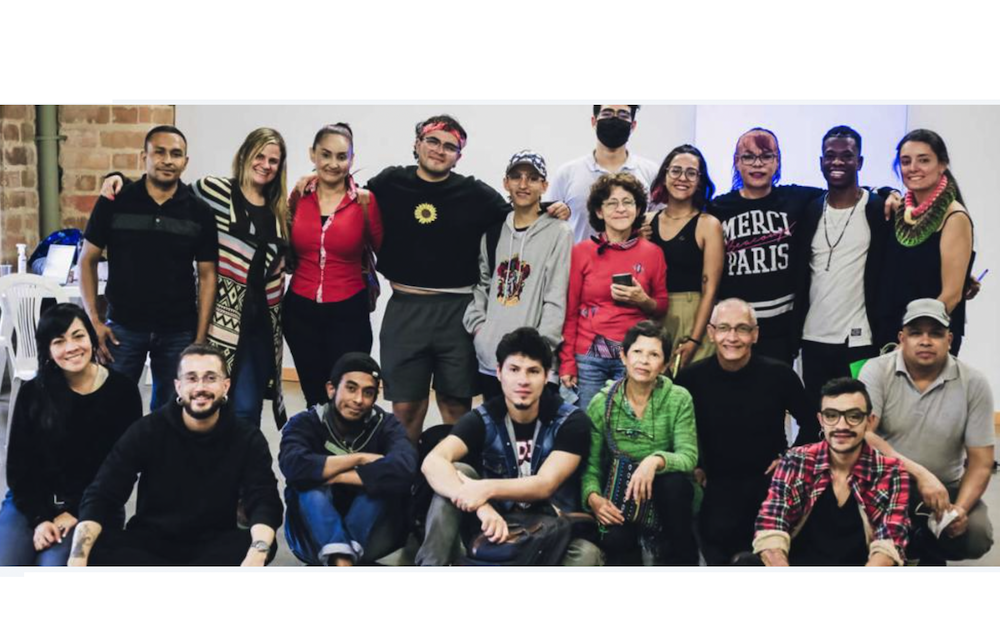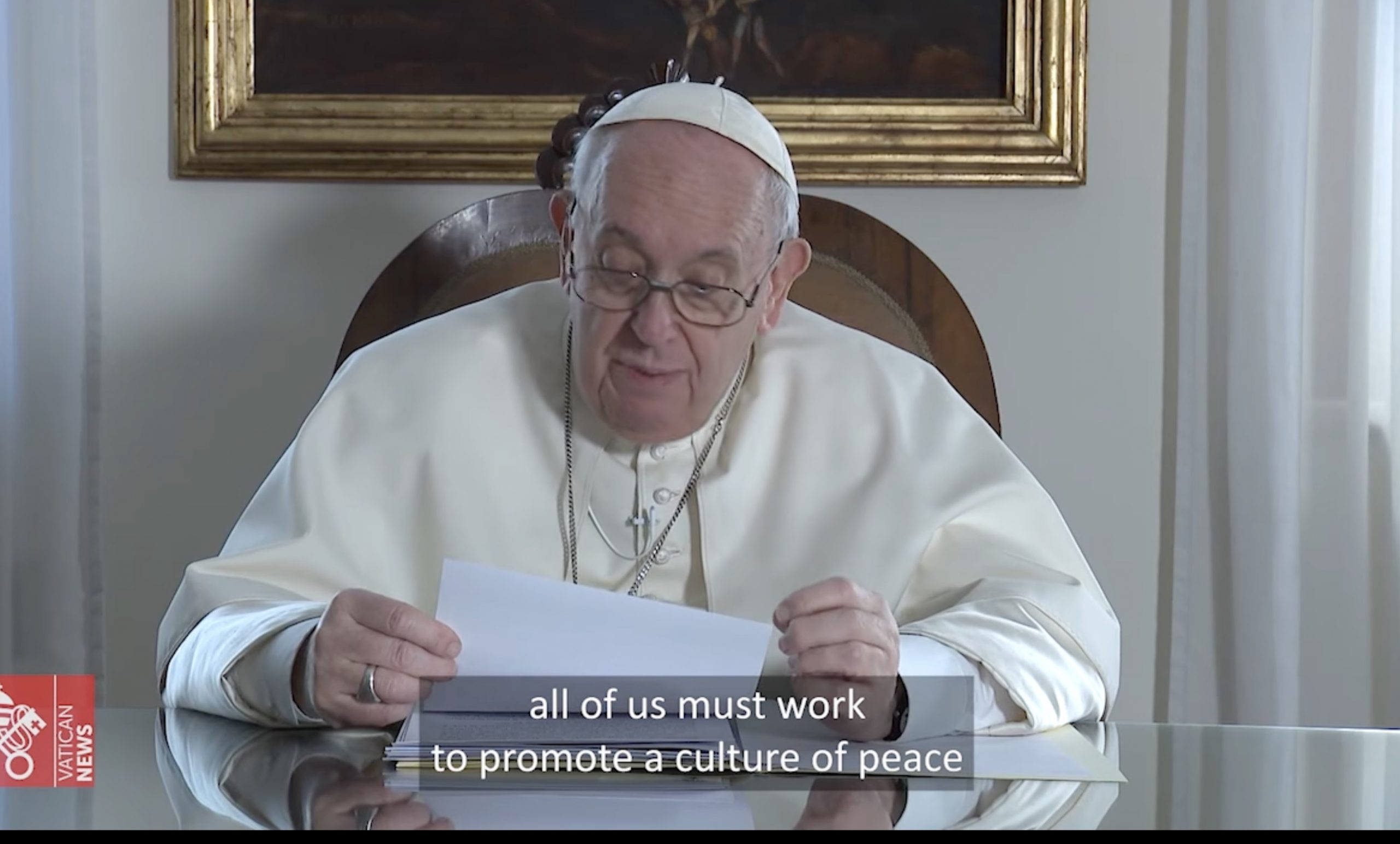. TOLERANCE & SOLIDARITY .
An article for CPNN by Emmanuelle Dufossez (translation by CPNN)
A few months ago, on the occasion of the Africa France Summit held in Montpellier, the need to enter into a phase of real cooperation with the the people of Africa was finally mentioned in an official and publicized framework, including by President Macron, who assured that this was an official engagement of France.
There is an urgent need to seize this opportunity to advance the project of peace in Africa; cooperation needs a common goal, and what more obvious issue then is that of Peace?
As a French teacher working with a colleague from the municipality of Tessalit in Mali, I would like to share our experience in order to demonstrate that cooperation is not only urgent but that it is above all possible, including in areas which, because they are declared dangerous, are deserted by institutionalized international NGOs and most journalists.
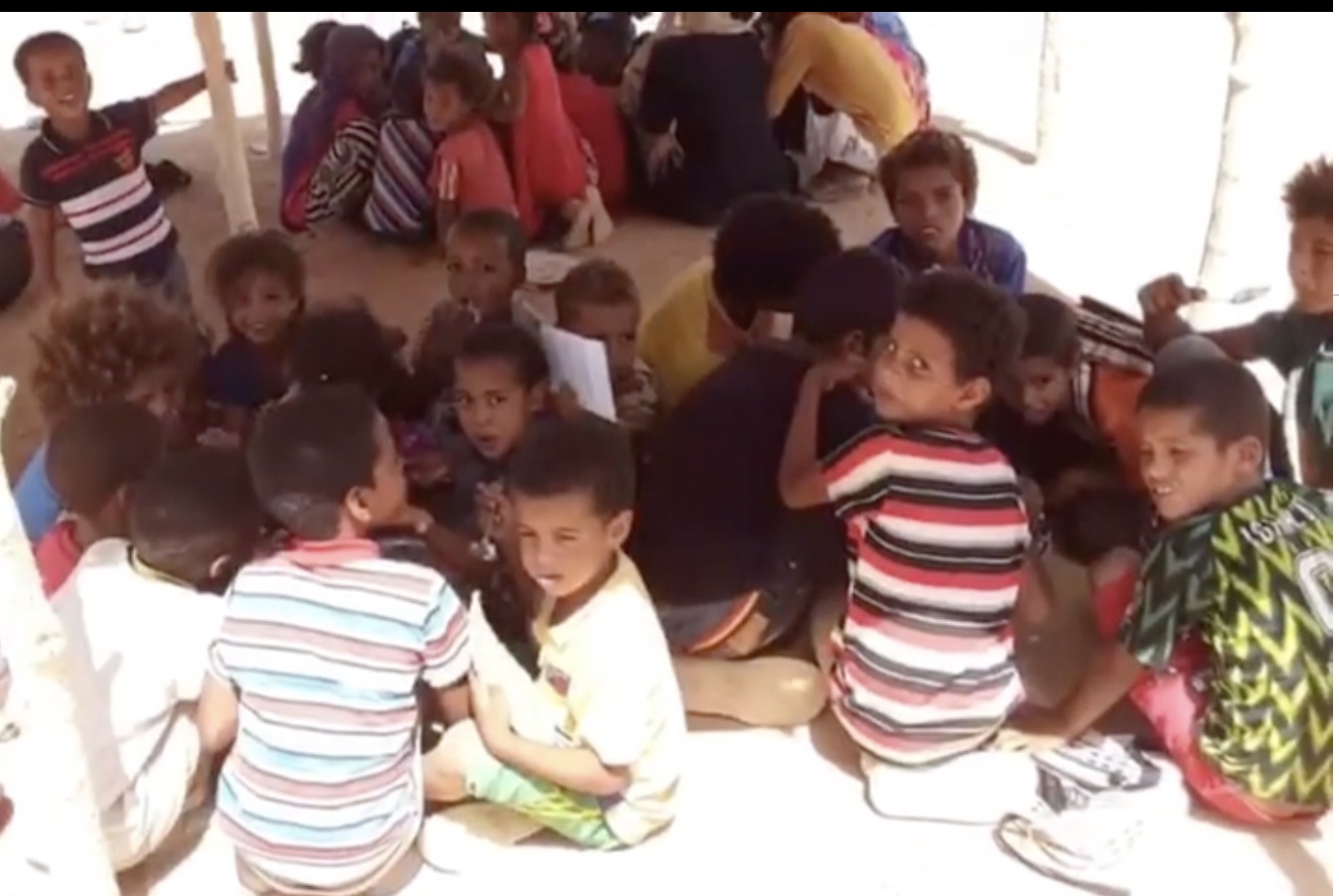
Video made by the students in Mali
Tessalit is in the Kidal region of northern Mali. France is very present on the spot, whether with the Barkhane force, or within the Minusma, whose camps are distributed in the North, most often quite close to the communes, although this is not always a factor of protection of civilians.
It is not a question of questioning the integrity of the blue helmets but of asking ourselves about their capacity for action on the ground without clear international cooperation with the populations on the spot. These people are quite simply the first victims of the conflict. In fact it is time, that this conflict is be clearly described.
Whatever the complexity of the situation, it is important to say that the populations, however abandoned by the successive governments of the country, are taking their destiny into their own hands. They do so within the very limited material conditions which are theirs, with courage and intelligence but without our support. France is aware of the situation, since there are effective collaborators on the spot when it comes to fighting an enemy for the common moment.
In December 2018, on a kind of optimistic collective whim, we had the idea, with my comrades from Tessalit, of organizing a meeting between a group of young people from my college in France and a group of the same age, accompanied of one of the few state teachers present in Tessalit. (See CPNN article of October 19, 2021.) Luckily, my Head of School, very sensitive to the situation in the Sahel, shared our enthusiasm, and had a web cam and microphone installed in my classroom. With the help of the CPE, we brought together a group of highly motivated students. For his part, my comrade Bakrene Ag Sidimohamed, convinced the head of the Minusma camp, located a few kilometers from the city, to welcome the group of young people, so that they could access an internet connection and equipment. allowing the exchange. And the adventure began! First in the form of these regular exchanges, then through joint, more targeted educational projects.
The purpose is not to describe our work at length here. What seems important to me is to provide, through our testimony, an example of how this beautiful idea of cooperation can produce miraculous things: it was after the fact that we realized what we had succeeded in doing. with simple, obvious means, by combining the efforts, the skills, the material possibilities of each other, in France and in Mali. The projects that followed prove that mutual will is the essential ingredient of cooperation, since we have carried them out against all odds, and without any material support, except the provision of internet connection by our respective establishments (my high school in France, Minusma in Tessalit) (for a more precise description of the project, see article 2R3S)
By welcoming the students, the Minusma has fulfilled one of its missions in favor of peace. The positive consequences of this ongoing project are innumerable, but our satisfaction is mainly due to the surge of benevolent curiosity that it has provoked among young people.
We would like this to continue.
But the educational situation in Tessalit is a reflection of what is happening in the Kidal region, in northern Mali, and well beyond, on a good part of the Saharo-Sahel; public schools hardly exist, except sometimes on paper; there are no teachers, no material or so little that it amounts to zero. An example is Issouf Maïga, my colleague from Tessalit, who is almost alone with more than 350 students, who of course end up no longer coming to school, except for specific projects, such as those we are trying to set up together.
(continued in right column)
(Click here for the original French version of this article)
Question related to this article:
Youth initiatives for a culture of peace, How can we ensure they get the attention and funding they deserve?
(continued from left column)
Since I started working with teachers and volunteers in the Kidal region, I have been touched by the incredible commitment of a whole section of the population to advance the cause of the school. The inhabitants build classrooms as best they can, which are sometimes only a roof of dry grass to bring the children together in the shade. They band together to pay a teacher who will accept this difficult and dangerous task, which he will have to face most of the time with equipment and in conditions that are disastrous.
The argument which invokes the dangerousness of the region to leave all the youth there abandoned is not admissible. It is absolutely possible to help this population out of the crisis by its own strength, the local associations and NGOs present on the spot are largely doing the work of the large organizations which have deserted the region: they are the natural intermediaries of cooperation projects, those on which it is possible to rely. By committing to the education of their children, the population of the region is clearly showing their need for peace. They no longer want to see their children go to war.
One can sincerely wonder why for so many years, the international community has failed to put pressure on governments to make education a priority in this region.
We can also wonder how it is possible that despite the multitude of calls for help, requests for subsidies, transport of equipment, nothing happens, even though we bring the pledges of serious work. Most of the time, it is the uncertainty of the viability of the project that is invoked to justify the refusal. But the uncertainty is only due to a series of prejudices about the capacity and the will of the inhabitants. We may be judging in advance, in the light of the many scandals that taint our own humanitarian industry. Yet this is about men and women who want to ensure a future for their children and above all, it must be said, this is something that often comes up, in the exchanges I attend: a future of peace.
Lack of education is an argument for enslavement. Concretely, child labor, particularly in gold mining, is one of the immediate consequences of the absence of schools. One can then wonder if education is really a logical priority, since child labor brings to the system very low cost of wages and therefore of goods.
This scandalous situation is neither recent nor unique.
Schools in the North have been closed since 2012, but the reality of the region is one of general abandonment; what continues to function, despite everything, is essentially the fruit of a collective will. The international community need not search for twelve o’clock to two o’clock forever: in Mali, as in Niger, there are young men and women, who have often been stymied in the midst of their own studies by conflict, and are struggling today for the education of their children. We need to rely on them and support the projects that exist with confidence.
There is no shortage of very concrete examples to put on the table, and beyond the closed schools of major municipalities, there is the question of the children of nomadic populations, a large part of the inhabitants of the region, who have been forced to settle to find some security. Can we really accept that these children are deprived of school, even though we have signed the Universal Declaration of the Rights of the Child and we are talking about Peace?
Since there are projects out there, why not work with those who are doing them? The question is not to send manuals or desks from time to time, but above all to provide targeted support to each project, relying on local associations and community leaders. We must accept a way of working different from ours in the management of the collective and help these nomadic peoples whose freedom seems unacceptable in the eyes of the powerful, to train their children in the current world.
Without the teaching of vernacular languages and vehicular languages, mathematics and culture, how can these men and women of tomorrow imagine that they will be able to go and train in schools and universities, to come back as doctors, engineers, teachers , to build the Peace they are calling for? And who will train the craftsmen of tomorrow on site, while families struggle to feed themselves? Local professionals must be helped to pass on their skills.
The international community, the donors, must grant their trust without trying to reproduce a Western school model which is not always appropriate. We must start from the premise that the mothers and fathers of the Sahel want the best for their children as much as we do. Simply.
We were recently touched by the forum co-signed by more than 30 elected officials from French communities and published by Cité Unie France. Like us, they call for a consolidation of links with the representatives of the population in the region. Will these multiplied calls be heard, at a time when far too many leaders are tempted by military action? For my part, I remain hopeful, carried by the courage of my friends, and I hope that my call for schools will be heard.
With the Franco-Malian Association Tazunt, for which I am speaking, we can make very concrete and serious proposals to provide real support in educational matters, and we will be happy to respond to your comments. The call of the people of Intescheq must be heard, we attach it here. We can no longer leave these children without help, the situation is becoming more critical every day.
Contact: tazuntazunt (arobat) gmail.com

